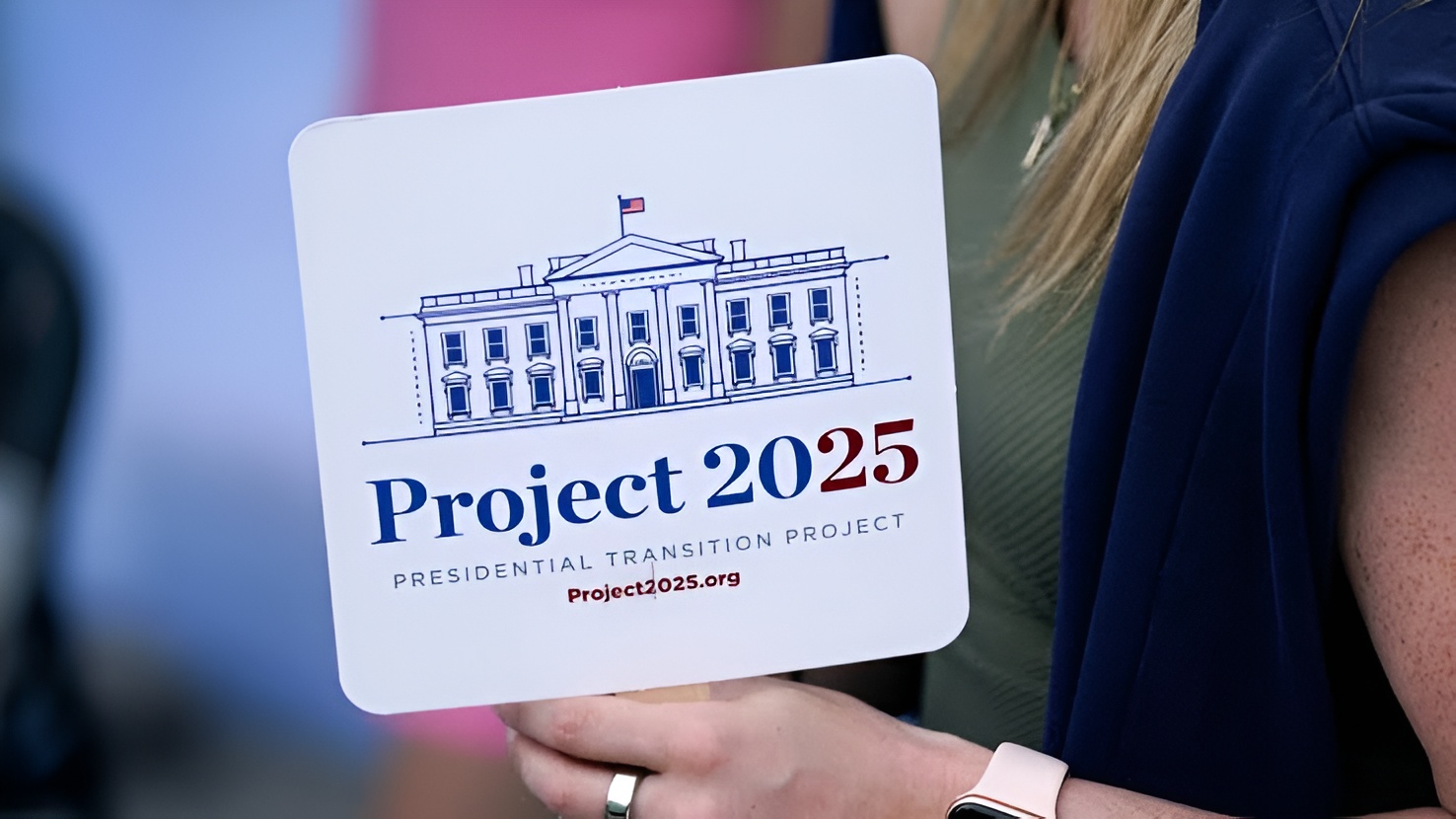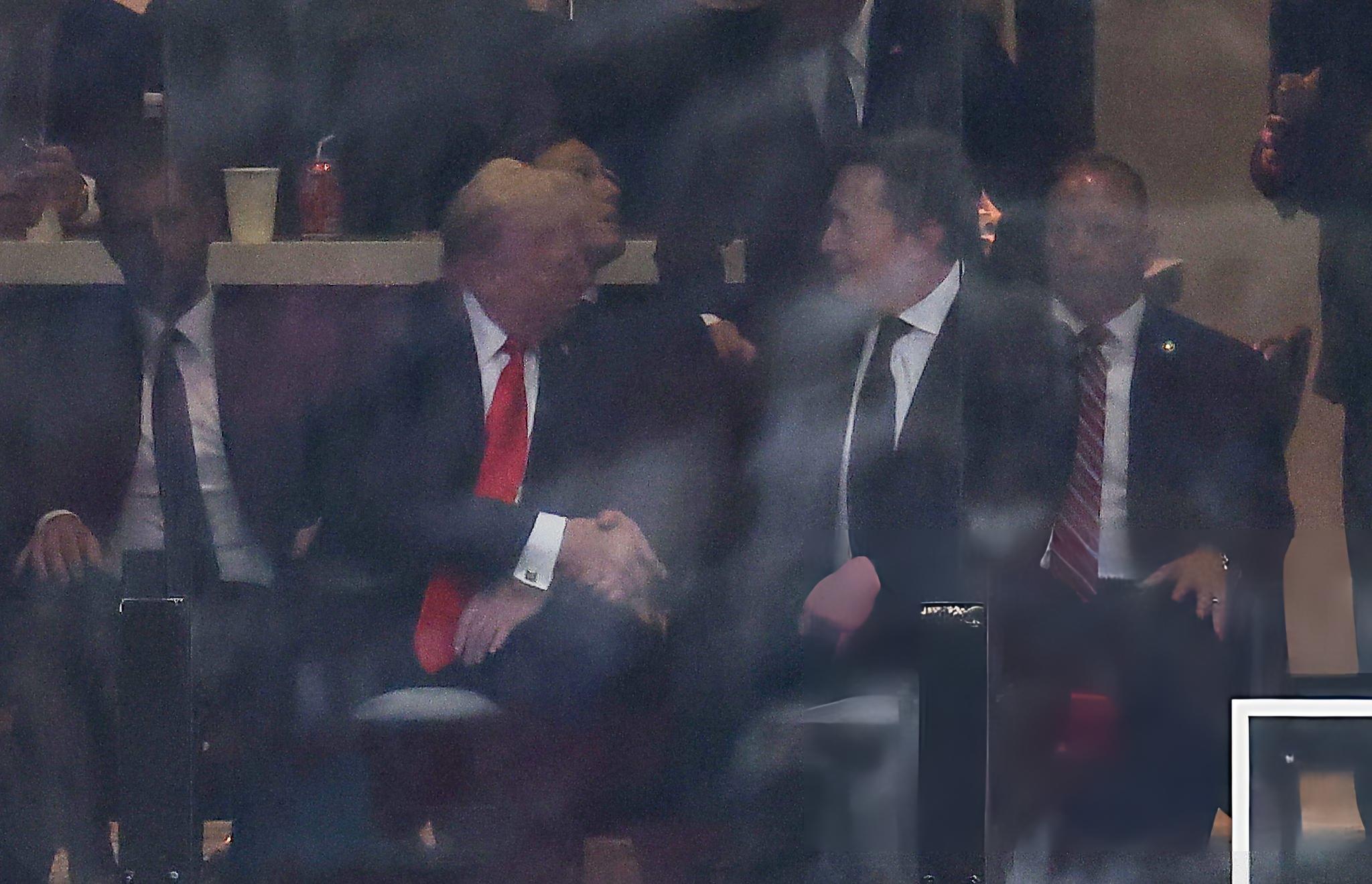Concerns are mounting from civil rights organizations and legal scholars who warn that the sweeping policy agenda tied to Project 2025 combined with actions from President Donald Trump’s second term signals a rapid democratic backsliding in the United States. Expanded executive control, shrinking protections for civil rights, and a sharp security expansion in Washington D.C. have intensified fears that the country’s rule of law is facing severe strain.
Expanding executive power and shrinking safeguards
Advocacy groups describe Project 2025 as a roadmap to fundamentally reshape the federal government by centering authority in the presidency. The initiative proposes embedding political allies across agencies, limiting government tools to investigate discrimination, and cutting back diversity equity and inclusion offices nationwide.
Provisions under discussion include scaling back disparate impact analysis, reducing the collection of race and gender data, and restructuring the Justice Department and Equal Employment Opportunity Commission to prioritize certain religious exemptions over workplace equity.
Civil rights lawyers argue that these moves would undermine decades of progress in combating systemic inequities. They have launched legal trackers and prepared challenges, pointing to potential harm in voting rights, employment protections, and the integrity of federal statistics that serve as a cornerstone for equal opportunity enforcement.
Policy researchers add that normalizing political influence over administration risks eroding the essential checks and balances that sustain modern civil rights protections.
Also Read: US Appeals Court rules Trump’s global tariffs unlawful
Security surge in the nation’s capital
Alongside policy debates, Washington D.C. has experienced heightened security measures sparking both alarm and protest. Reports detail large National Guard deployments, the installation of new checkpoints, and extended orders that have drawn criticism from residents and city officials.
While supporters of these measures highlight reductions in crime and improved coordination with municipal agencies, critics warn that the heavy security presence blurs critical lines between military intervention and domestic policing.
Civil rights advocates say these actions threaten core First Amendment rights, pointing out that protests have already led to a wave of lawsuits. The surge has drawn national attention, as city leaders in other states weigh whether similar federal responses could be justified in their jurisdictions.
Analysts argue that pairing these deployments with executive branch restructuring advances a broader trend of framing domestic governance through the lens of national security, a shift with deep implications for democratic freedoms.
Universities probe rule of law risks
The growing debate has now reached academic platforms. On October 16 2025 University College London will host a conference titled Backsliding or Freefalling The Rule of Law Under Donald Trump. The event will gather scholars and practitioners to examine whether the United States is facing a temporary strain on democratic institutions or an outright collapse.
Among the issues under review are the administration’s use of military force against protesters, investigations of political rivals, pressure on cultural and educational institutions, agency closures, mass firings, and instances of defiance against court rulings.
Other university seminars are similarly exploring whether ongoing executive orders, personnel shifts, and agency redesigns amount to foundational constitutional change. Scholars are testing the boundaries of theories like the unitary executive and questioning the resilience of independent oversight in an environment where institutional guardrails appear increasingly fragile.
Also Read: CRPF to hold open rally for 300 Constable (GD) posts in Nagaland
What it means for rights and governance
Civil rights organizations warn that these parallel developments, shrinking anti discrimination safeguards and growing federal security powers, fit into broader global patterns of democratic erosion. sidelining watchdogs, politicizing administration, and recasting pluralism as a threat, advocates caution that the government risks making discrimination harder to detect and nearly impossible to redress.
Communities most at risk include Black, Latino, LGBTQ+, immigrant, and disabled populations, whose access to legal protections often relies on robust data collection and rigorous enforcement.
As Washington grapples with court battles, city protests, and sweeping federal reorganizations, legal experts warn that the balance between public safety and civil liberties is shifting in ways that could prove difficult to reverse. Without firm legislative and judicial counterweights, they argue, the path being tested now could mark one of the most significant turning points for American democracy in decades.




